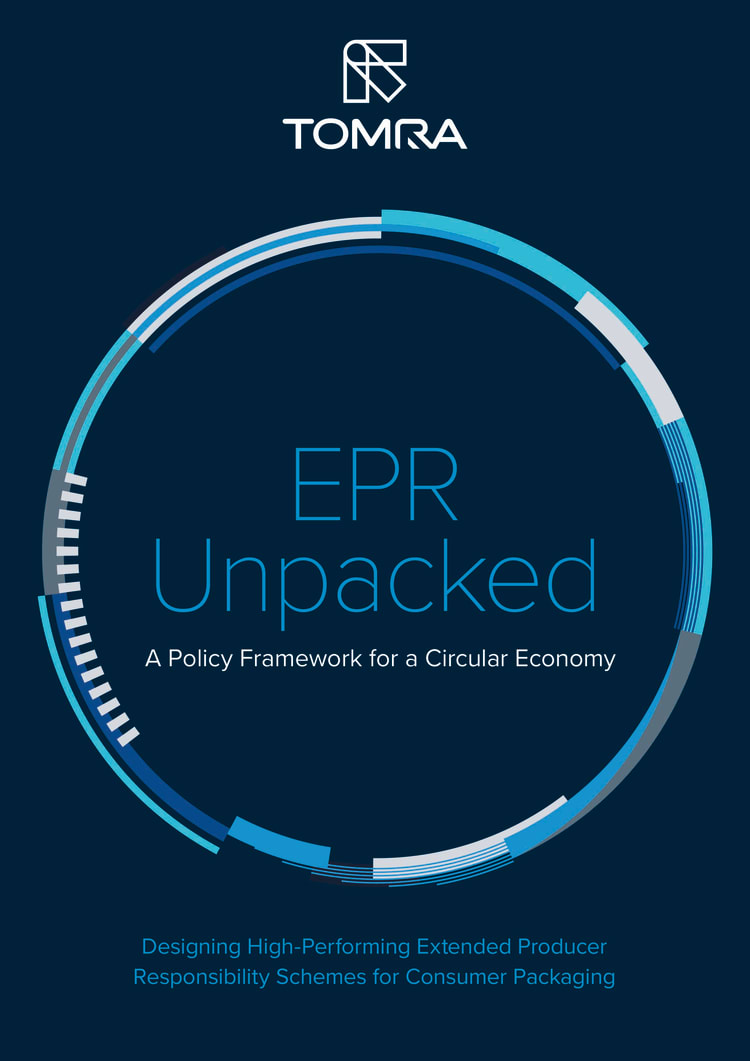Holistic analysis and organisation of the entire lifecycle of packaging are integral to an active environmental policy, while corresponding eco designs determine recyclate quality, independent of local conditions. The white paper provides advice on re-structuring or fine tuning the existing system, transforming it into a closed loop.
“Our experience in numerous markets on all continents has taught us which methods can be used to successfully address the challenge of managing post-consumer packaging waste, and which combinations work best,” says Wolfgang Ringel, SVP Public Affairs TOMRA. “In some regions, where effective waste management systems have been established, more needs to be done to encourage the proper collection, sorting, and recycling of valuable material that is simply thrown away. Implementing legally defined (in other words, mandatory) obligations covering the use of resources, and their responsible handling, is the way forward, as this will result in direct, active climate protection.”
In Asia, local initiatives have developed into cross-industry networks – a response to the fact that 80% of the plastic in the world’s oceans entered them via Asian waterways. Attractive pro-EPR framework regulations should promote investment and ensure the realisation of sustainable development.
Today, EPR is not only being applied in Europe but also in other regions. South Africa and Vietnam have recently implemented EPR for packaging, and several states within the United States are currently considering such measures. While these efforts are making great strides in establishing effective systems, national and global harmonization remains a challenge but offer great opportunity for circularity.
In Europe, the robust targets defined in the 2019 Single Use Plastics Directive have resulted in almost all EU member states introducing legislation on deposit return systems for beverage containers, which will apply by 2029.
The implementation of EPR legislation is a transformative measure to improve both the quality and quantity of the resources that get recycled, thereby supporting the acceleration to a circular economy.



